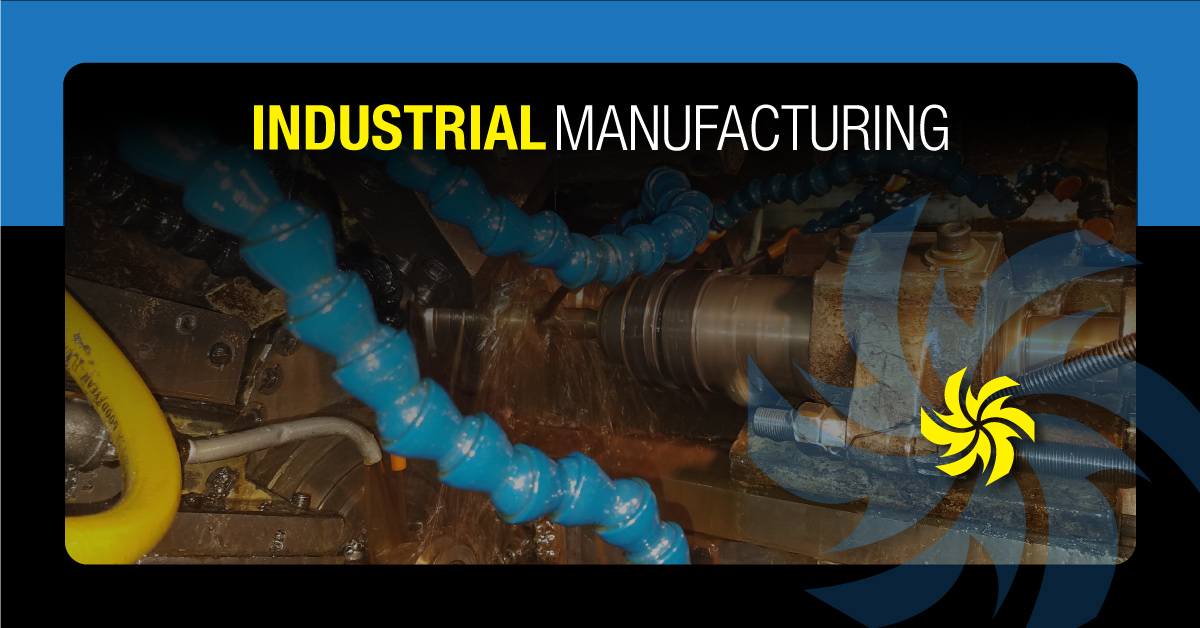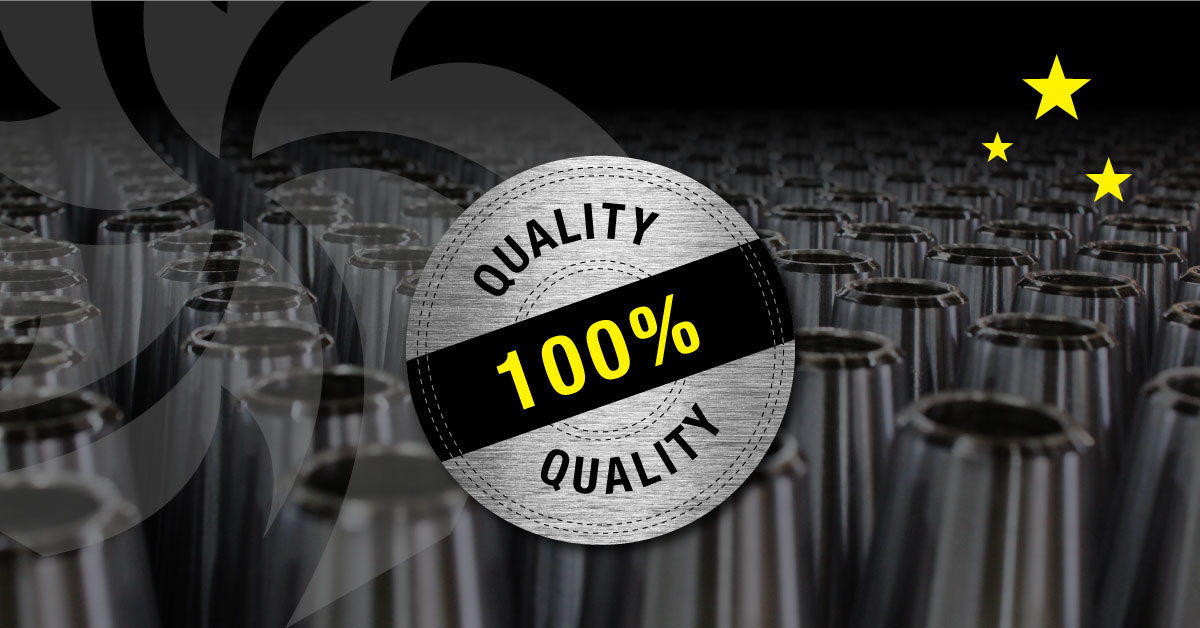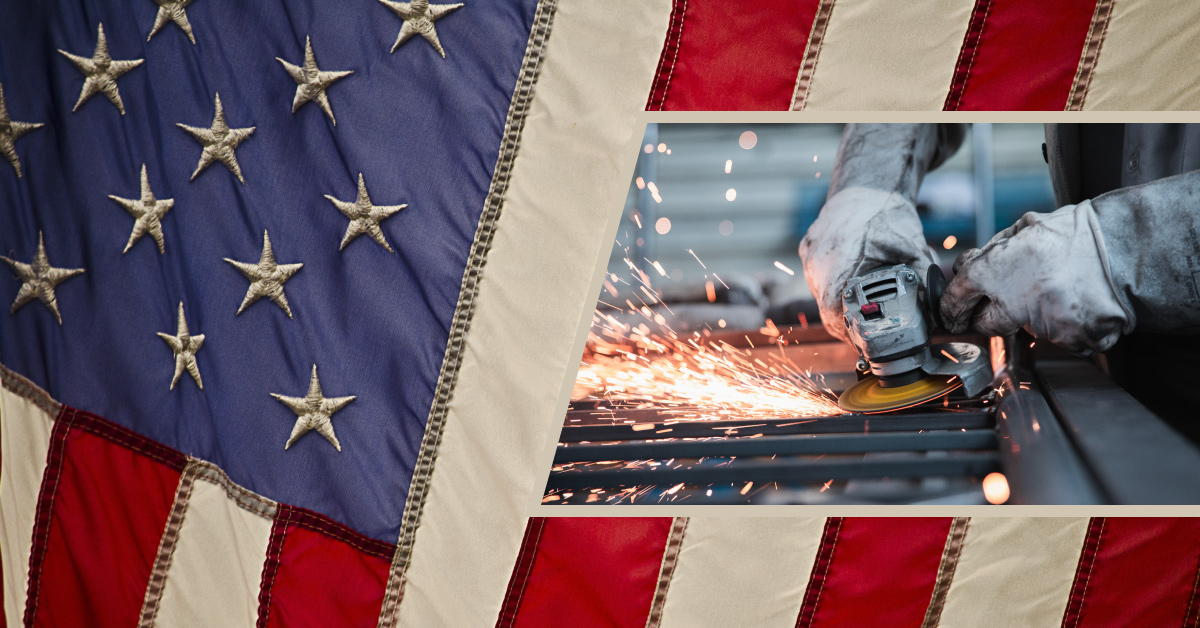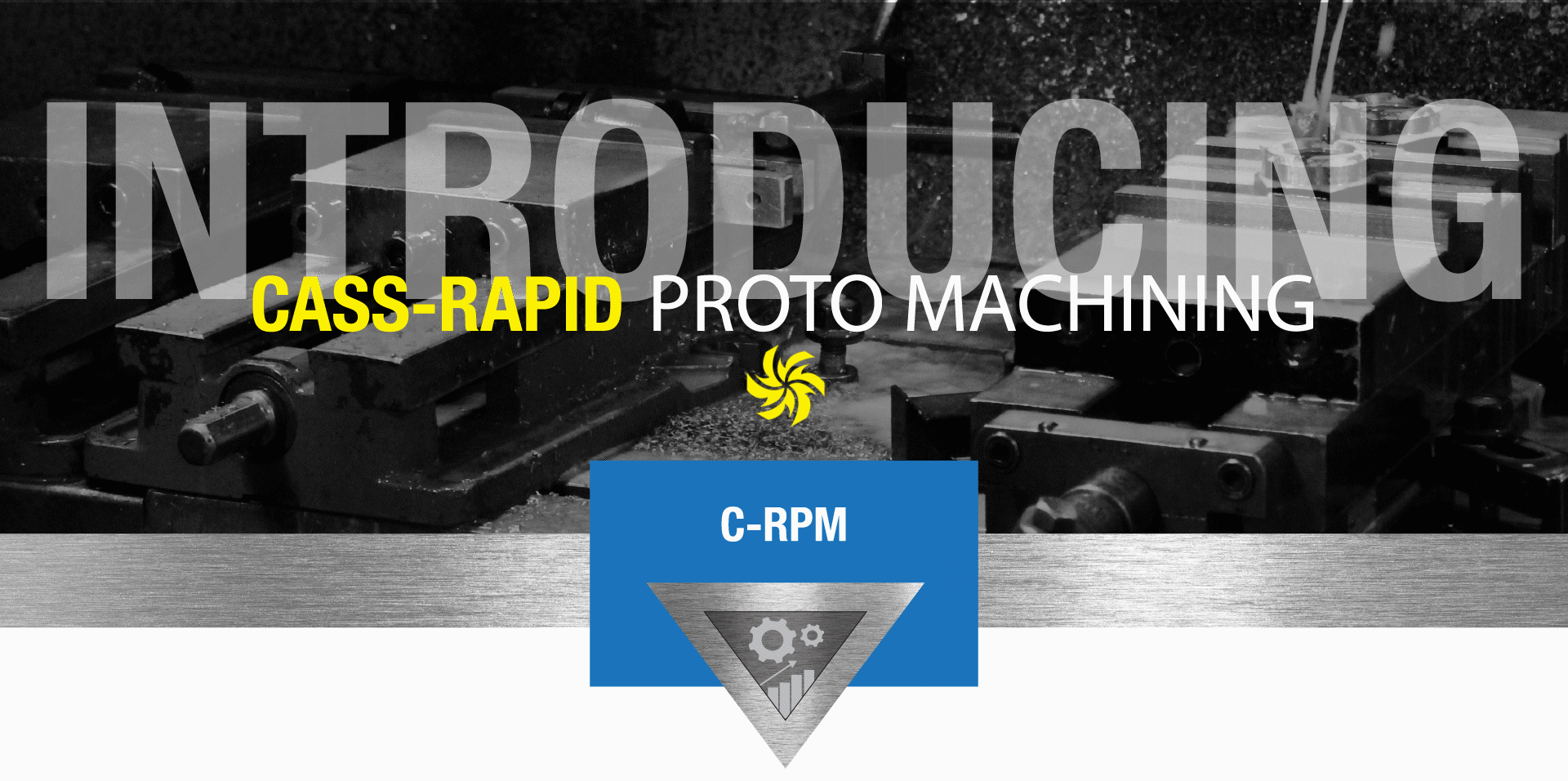The industrial manufacturing industry is responsible for the fabrication of products intended for industrial use from raw materials. When asking the question, “what is industrial manufacturing?” one has to look at the output itself (the products produced) which ranges from large machinery like bulldozers and cranes to smaller products such as wheelchairs and circuit boards. No matter what type of machinery is used, industrial manufacturing is crucial in producing many of the goods and services vital to any economy in a cost-efficient and timely manner.
Equipment Segments Produced
Equipment used in industrial manufacturing can be grouped into seven different segments. Agricultural, construction, and mining machinery; industrial machinery; commercial and service machinery are all special-purpose machinery designed for a specific industry. The four other segments include machinery used by all sectors: ventilation, heating and cooling equipment, metalworking equipment, engine-related equipment, and other general-purpose machinery.
How do companies separate themselves when it comes to industrial manufacturing? In one word: efficiency. The more efficiently a company can produce a product, the more products it can make at a lower cost, which results in higher profit margins. A major trend in this industry is using increasingly high-tech production techniques. Firms are introducing more technology in response to pressure from both domestic and foreign competitors. Robotics, computers, and programmable equipment are common, resulting in increased productivity with more efficiency and a decreased need for labor.
What’s the Difference Between Industrial Manufacturing and Custom Manufacturing?
The manufacturing industry is made up of two core branches—industrial and custom manufacturing. While there are some similarities between the two, each one has its different processes and priorities. As a result, the role their ERP (enterprise resource planning) platforms play within the organizations is naturally different.
In industrial manufacturing, products are configured to order. Customers can order a stock product, and while they have the flexibility to alter certain features of the order, they are still limited to a catalog of pre-designed products. In custom manufacturing, unique products are designed or engineered to order. Custom manufacturers place a premium on ERP systems that bring flexibility and agility. Industrial manufacturers, on the other hand, covet operational efficiency. Unlike in custom manufacturing, where every product is different, industrial manufacturers benefit from predictability and repetition throughout the process.
Pandemic Recovery
Like nearly every walk of life, industrial manufacturing was severely impacted by COVID-19. The pandemic posed sudden and drastic challenges as demand for products fell while others increased, and geopolitical trade conditions severely disrupted access to markets, distribution channels, and suppliers. The speed of recovery for industrial manufacturing is highly dependent on the rate of recovery for supply and demand. While customer orders soared for many companies the backlog of material availability has continued and costs have risen.
Companies in this industry will need to utilize key market data to inform long-term strategic decisions based on shifts in demand and their own downstream impacts. Creativity, collaboration and communication will be key to the success of many industrial manufactures.
Do you want to learn more about how Cass can help with your industrial manufacturing needs? Check out our full list of capabilities here, and our list of industries served here.






